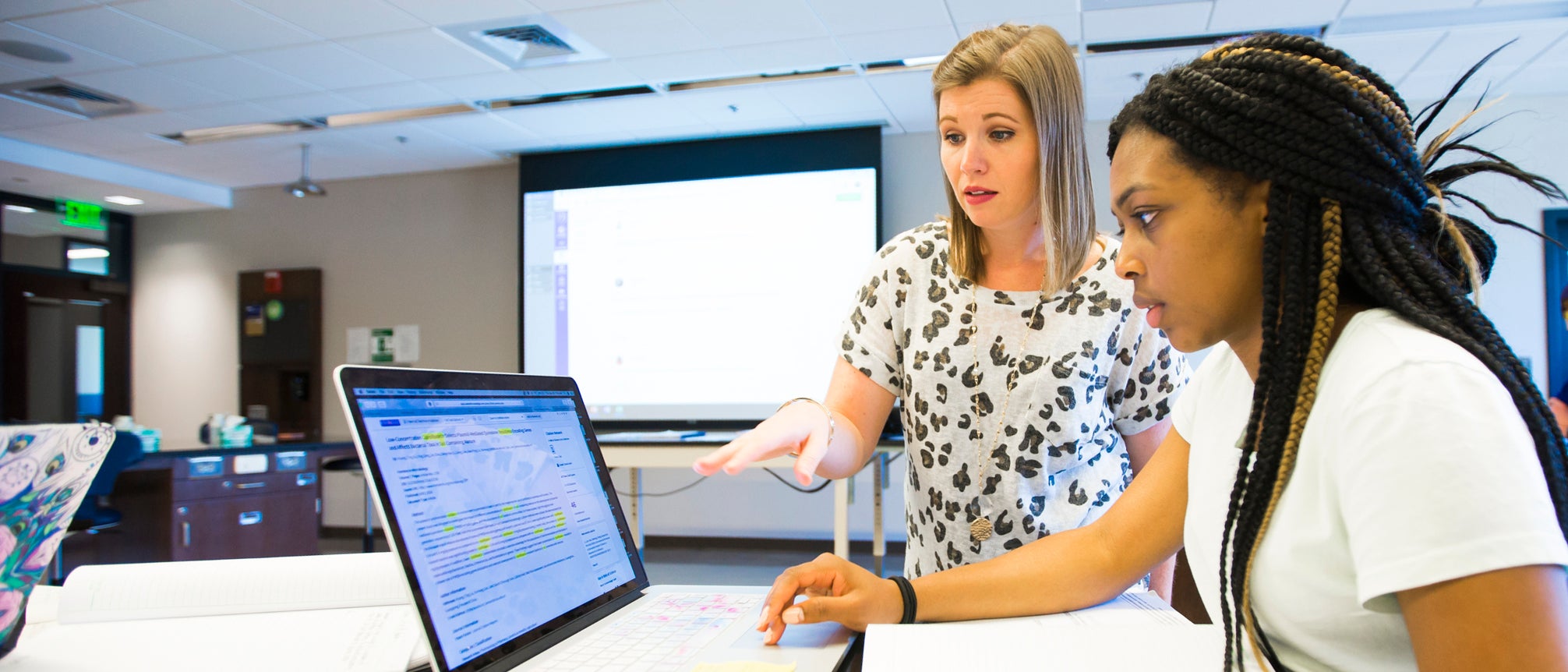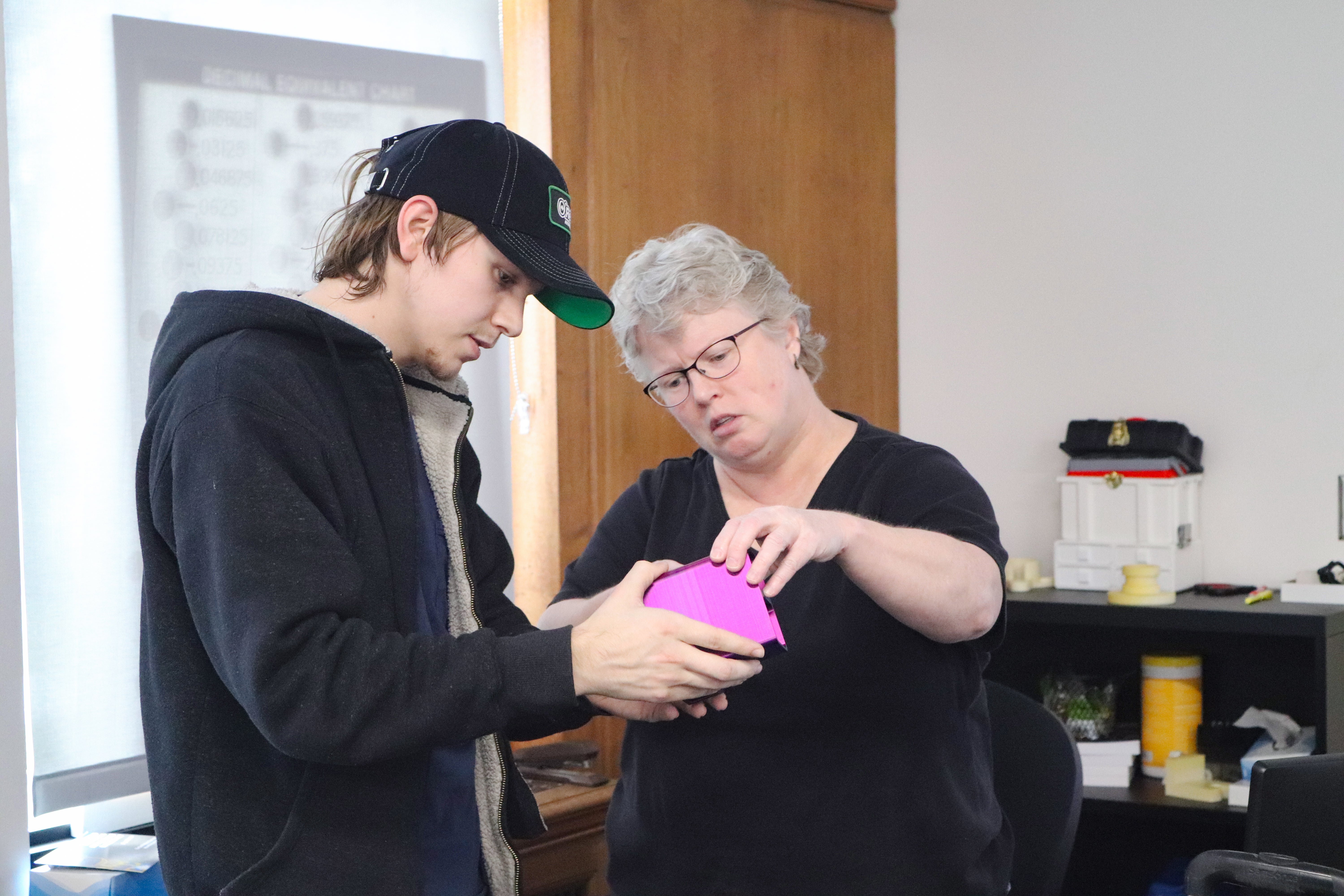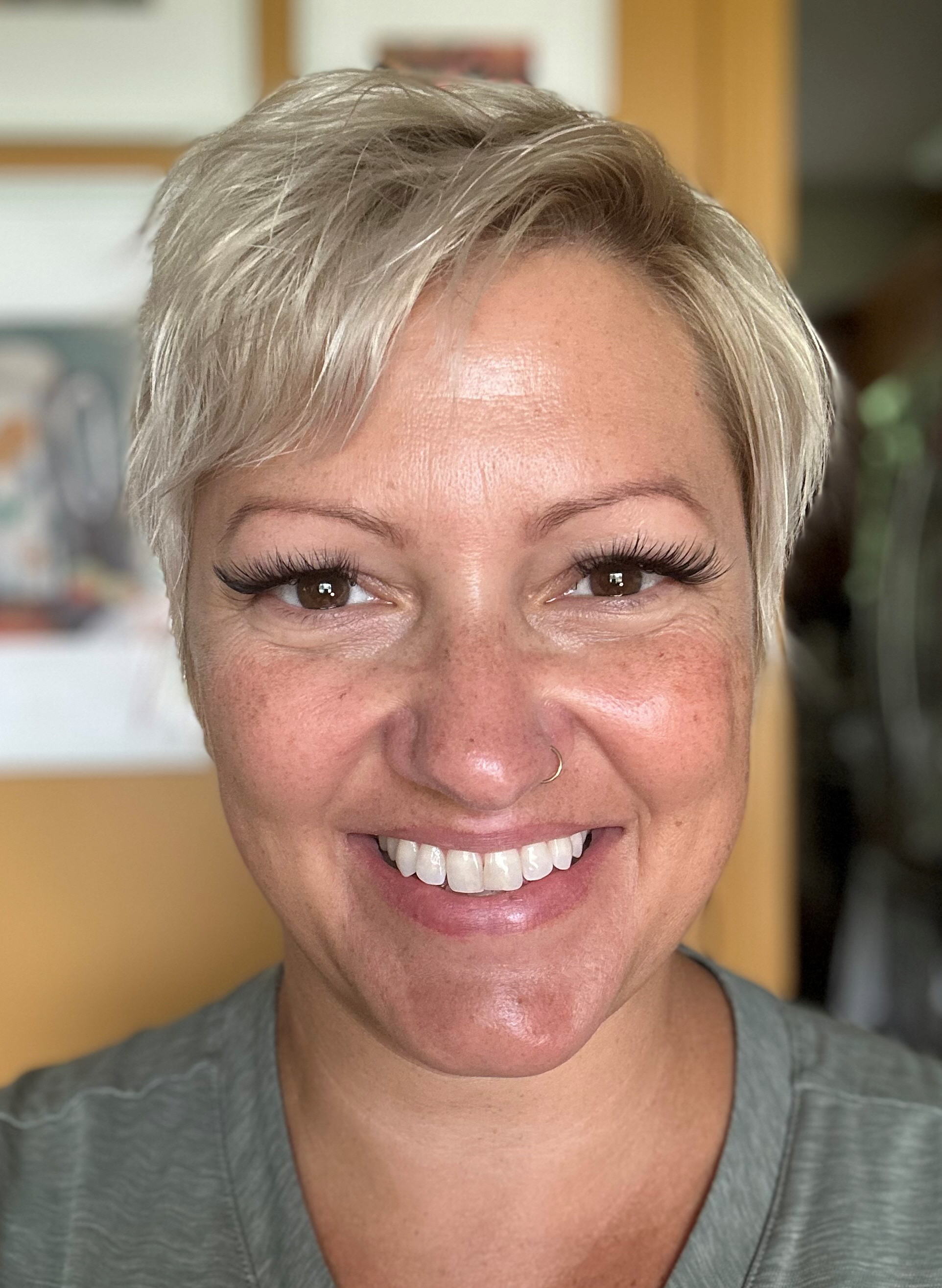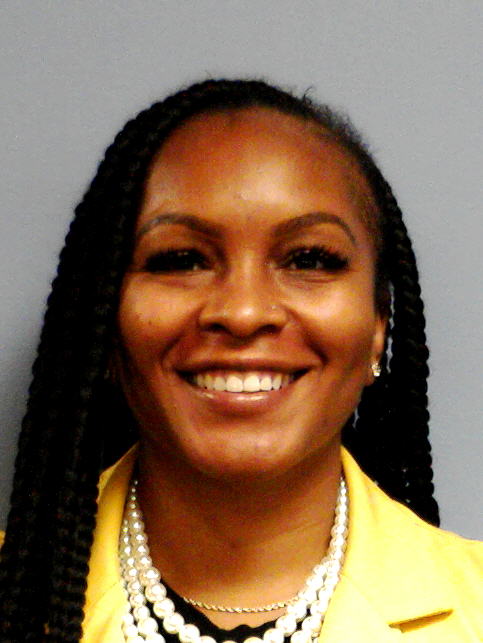Academic Affairs Office


M-F: 8:00 am - 5:00 pm
Overview of Academic Affairs Office
The Academic Affairs Office directs all aspects of the credit programs at the College, in addition to the non-credit training opportunities offered through the Workforce Development Department (WFD). Our focus is on providing the very best service possible to both new and current students. We offer distinct programs of study designed to satisfy student goals and lead to student success.
The Purposes of General Education
The College shares the view held by many that an education should prepare you not only for a career, but also for life. It is primarily through the curriculum of the general education program that the College seeks to help you acquire the knowledge and skills necessary to understand both yourself and the world in which you live. General education encourages community by providing access to knowledge common to all educated people, regardless of their vocation. General education is designed to cultivate in each student four general abilities of an educated person:
- Communication: Knowledge and application of written and verbal communication competencies using college level information literacy skills
- Problem Solving and Technology: Knowledge and problem-solving skills using logical, mathematical, and scientific reasoning as well as technological resources
- Ethical Reasoning and Creativity: Knowledge and application of creativity in the arts as well as knowledge of, and the ability to critically examine ethical values, principles, and issues.
- Personal, Social, and Cultural Awareness: Knowledge and life skills required of an effective member of a diverse and global community
Assessing Student Academic Achievement
Muskegon Community College is fully accredited by the Higher Learning Commission. Accreditation helps ensure students are receiving a quality education and can transfer to other colleges and universities with ease and confidence. MCC is committed to an essential part of the accreditation process: assessing student learning.
Credit Hours
A credit hour is an amount of work represented in intended learning outcomes and verified by evidence of student achievement. Academic credit for each course is approved and assigned by the Instructional Affairs Council and the Coordinating Council. This information is published in the MCC catalog and the online student registration system.
The standard of class time shall be one hour of class and two hours of out-of-class (homework) student work per week over a semester.
Most colleges, including Muskegon Community College, require a semester credit hour to be not less than 800 instructional minutes.
Muskegon Community College follows a semester schedule for its academic programs. In addition to a fall and winter semester of fifteen weeks, the College offers a twelve-week summer session.
Program length is determined by the number of credits required for each degree. All Associate in Science and Arts (ASA) Associate in Applied Science (AAS) Associate in Science (AS) and Associate in General Studies (AGS) degrees require at least 60 credits. The College also offers a variety of certificate programs, which require fewer credits than associate degrees.
Contact Hours
Tuition is assessed by the number of weekly contact hours. The contact hours for a course are the number of hours per week in which a course meets. The definition of a contact hour is a total of 55 minutes of student instruction.
Laboratory
For laboratory experiences where the contact hours exceed the number of credit hours for a course, the academic department will decide how much of the designated contact time will be devoted to lecture or classroom activities, and how much contact time will be devoted to laboratory experiences. This information will be spelled out in the class syllabus. For every one hour of laboratory time per week, the students will be responsible to complete two hours of outside student learning activities or homework for the length of the semester.
Distance Education
For online or hybrid classes, the same 55-minute credit and contact requirement for regular classes will be followed. The standard of class time shall be one hour of class and two hours of out-of-class student work per week over a semester for a semester. For distance education, academic engagement is defined as, but not limited to: asynchronous or synchronous lecture presentation; an interactive tutorial, or computer-assisted instruction; attending a study group that was assigned by the institution; submitting an academic assignment; taking an exam; and initiating contact with a faculty member to ask a question about the academic subject studied in the course. Merely logging into an online class does not constitute academic engagement or attendance. Each faculty member shall maintain an accurate record of attendance of each student enrolled in each of the faculty member’s classes, while also defining “online attendance” in their distance learning courses.
For more detailed information, go to https://www.muskegoncc.edu/faqs/what-is-an-online-class/
Internships
For internship experiences, one credit is equal to 60 hours of supervised training or work experience. Students can earn 1-5 credits through a documented and approved internship experience. Visit www.muskegoncc.edu/internships for more information.
Faculty & Staff
Related Resources
FAQs



Prior to the first clinical semester, all students are required to turn in verification of hands-on training that includes adult and child CPR from either the American Red Cross (ARC) or American Heart Association (AHA); AHA Basic Life Support (BLS) is the preferred course. Certification will need to submitted and to be valid for the entire upcoming semester prior posted due dates. Only hands-on certification by the American Red Cross or the American Heart Association will be accepted. (Theory may be completed online but there must be a hands-on skills testout.) Failure to maintain current CPR status or any required health documentation will cause students to lose his/her clinical request and they will not be placed on the clinical schedule and may be dismissed from the Program.



MCC has legal partnership agreements with our clinical affiliates that mandates our students comply with agency clinical requirements to participate in clinical experiences at their facilities. In addition to clinical compliance documentation that we already collect, all students must submit documentation of receiving the COVID-19 and annual influenza vaccinations or have approved exemptions on file with the MCC Nursing Department. Participation in clinical is a required component of nursing courses.
Please note that exemptions are not accepted at all clinical facilities. Students who submit an exemption are at risk for not being able to complete the course requirements if not allowed to participate in clinical experiences. If the clinical objectives cannot be met successfully, students will not be able to receive a passing grade in the course and thus, will not progress in the Nursing Program.
Students on the course re-entry waitlists must have either the vaccination documentation or an approved exemption on file to accept a seat in upcoming semesters.














